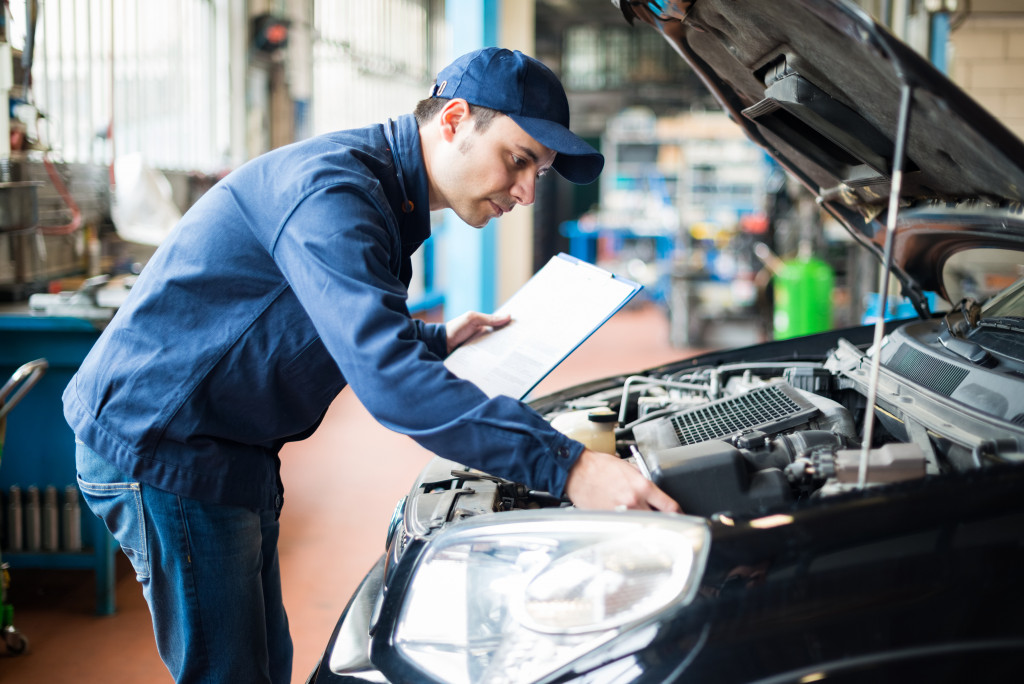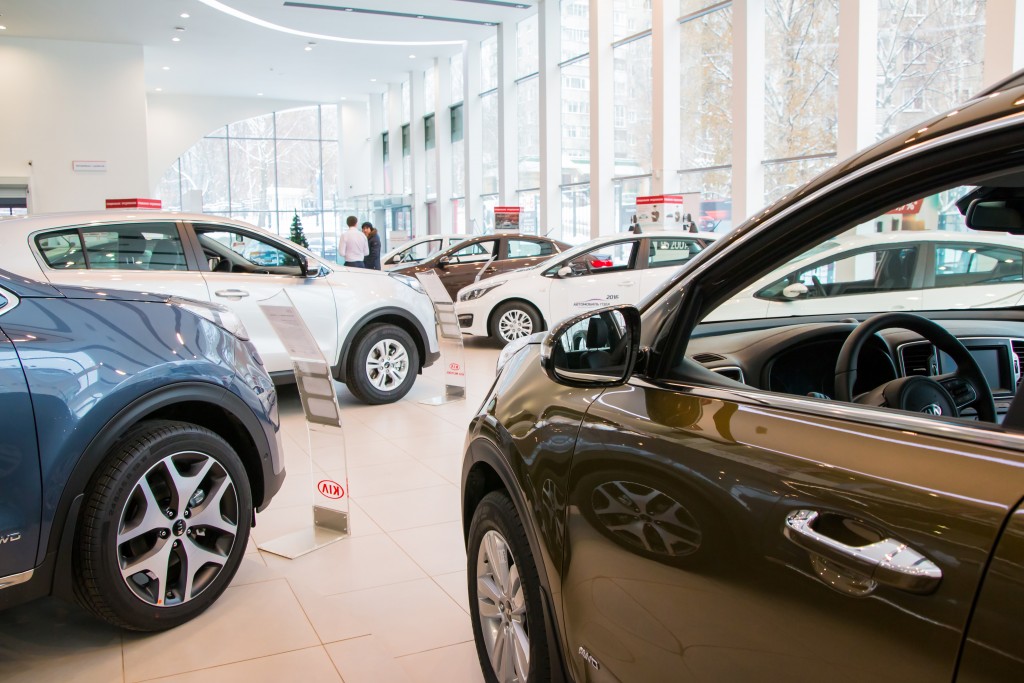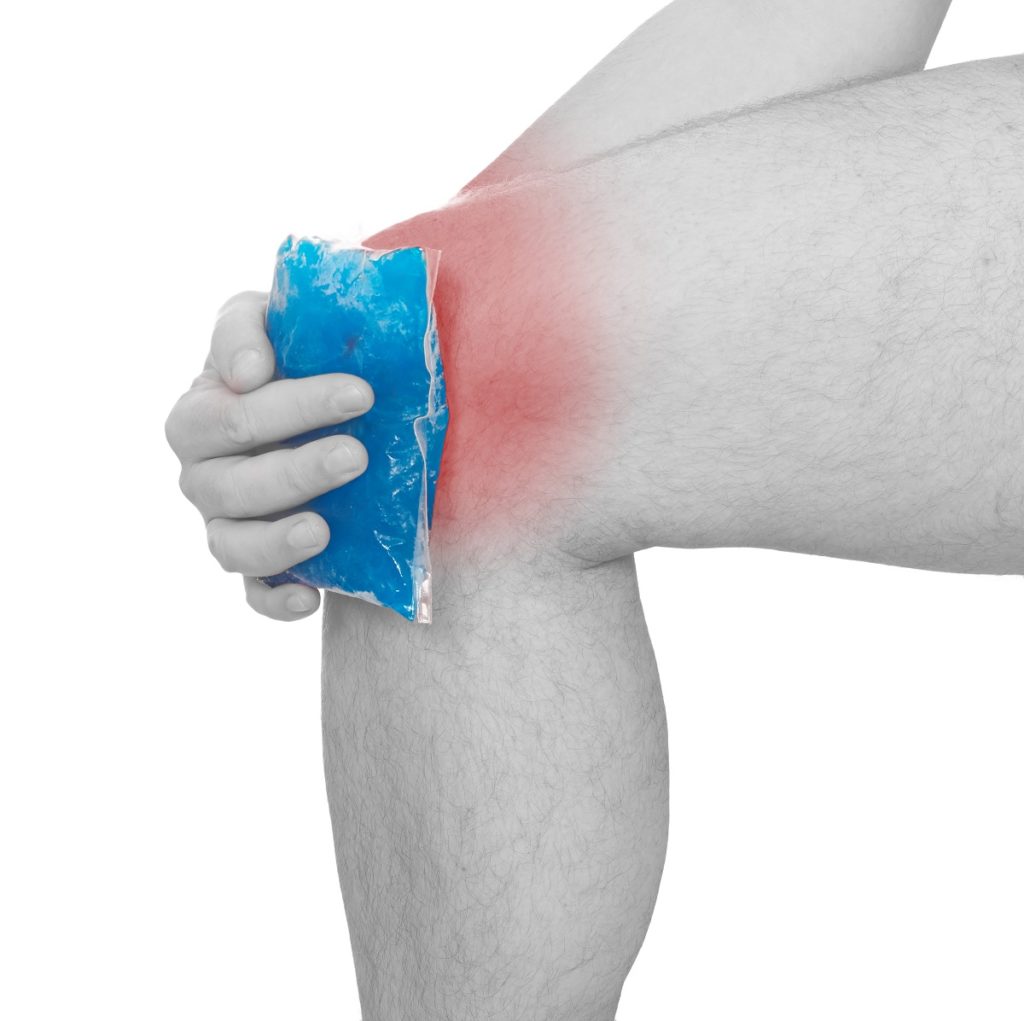Your car’s maintenance is essential to keeping it running smoothly throughout the year. But when you live in a state with extreme weather conditions, whether intense rainstorms or heatwaves, it’s crucial to schedule seasonal preventive maintenance.
Although modern vehicles are designed and built to withstand different weather conditions, they still need to be prepared for these events. Otherwise, you risk sustaining damage to the car’s internal mechanisms and exterior shell, both of which can create more significant problems to the vehicle’s long-term performance.
Fall and Winter
Mechanical failure is considered the most common problem car owners experience during the colder months. Another problem is the impact of heavy snowfall and hail storms. Perform preventive maintenance to mitigate these issues.
Engine Performance
Replace filters before fall to prevent dust and other debris from entering the car’s air ducts, fuel tank, and PCV system. Then check the engine for any drivability problems, such as stalling and diminished power, to identify what needs professional intervention.
Windshield and Windows
Clean your windshield wipers to prevent safety hazards. Dirty wipers are ineffective in clearing your windows of rain and snow. They can also cause the glass to get messier, limiting your visibility further. If you get caught in a hailstorm, check your car’s windows for cracks and the body for dents. Hire an auto hail repair expert to address the problem.
Defroster
The defroster or heater should be in good working condition before the fall months. Make sure to check this system to address any problems that might be a hindrance to its effectiveness. A malfunctioning defroster will make it harder to drive the vehicle once the temperature drops.
Summer

The heat, dust, and mileage associated with the summer months can take a toll on your car. Prevent performance issues by preparing for this season.
Cooling System
Overheating is the most common cause of engine breakdowns during the summer. Flush out your car’s cooling system and refill it with the factory-approved coolant to keep it functional even during a heatwave.
Air Conditioning
Check your air conditioning system for performance issues such as air temperature, air strength, and air quality. By identifying your air conditioning system problems before summer arrives, you have enough time to have them fixed for comfortable drives.
Spring
The mild weather conditions of spring make it the ideal time to schedule general maintenance tasks for your car. You can also use this time to prepare for the warmer months and all that it entails, including more dust, invasive insects, and sudden rainstorms.
Brakes
Check your brakes for noises such as squeals and grinding. Then, check its response time when you’re driving. Resistance or a slow reaction time are often signs of damage. Ask your mechanic to check its pads or drums for significant wear. It can impede its ability to stop, putting you at risk on the road.
Windshield Wipers
Snow, sleet, hail, and rain can wear down your wipers, preventing them from performing as well as they should. Check the blades and determine if they need to be replaced. Also, check your windshield fluid and refill it when it’s low. Most car owners make the mistake of skipping this step, getting scratches on their windshield as a result.
Oil
Make sure to get your oil changed every six months. When dirt and debris accumulate in your car’s oil reserve, it renders the fluid useless. Aside from this, learn how to check your oil to determine if you need to change it more frequently or if you need to refill it.
Battery
Ask your mechanic to check your car battery for leakage, fluid build-up, and other problems that can compromise its performance. If the issues they found are severe or too many, consider replacing it to give your car a new power source.
Tires
If you had snow chains installed for the winter months, then it’s time to have them removed. Make sure to check your tire treads after. Time and driving habits will wear these down. When the tire treads are shallow or have smoothed over, consider getting them replaced with new ones. This will give you better traction on the road, preventing accidents. Ask your mechanic to check the tires’ balance to make sure they are working properly.
Proper car maintenance is a year-round responsibility. But the sooner you come up with a schedule, the easier it will be to carry out these tasks. Apart from ensuring your vehicle’s top condition and full performance, proper maintenance protects you and your passengers on the road.




